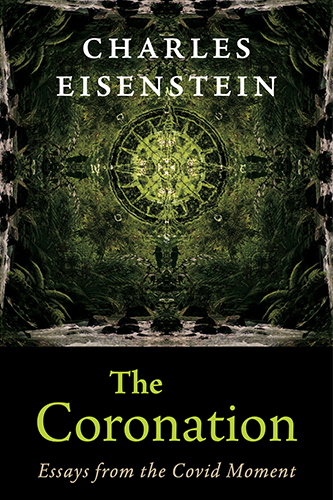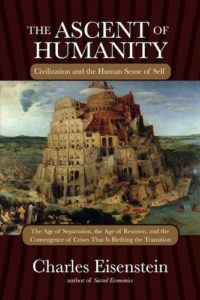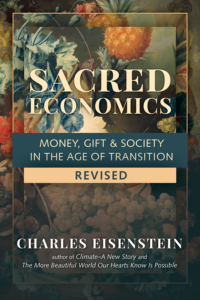Climate — A New Story
Chapters
Chapter 8: Regeneration
The Mutual Need of People and Planet
When I speak publicly about the planetary crisis, often someone in the audience will tell me, in remonstrative tones, that it isn’t a planetary crisis at all. The planet will be just fine regardless of what we humans do. The threat isn’t to Gaia; it is to humanity.
This well-worn assertion appears to embody humility with respect to the vast power of nature; in fact, it represents a subtle form of human exceptionalism and a disregard for nature’s purposiveness. If we affirm that Gaia is a living being with a life cycle and a destiny, then we can only assume that humanity was born for an evolutionary purpose. Each species, each child of Gaia, has a role to play, and we are no exception. The fulfillment of that role is thus of crucial planetary importance.
Imagine saying of a mother with a gravely ill child, “The threat isn’t to the mother or the family; it is to the child. Don’t worry about the mother. If the child dies she’ll be fine.” Only if we understand life as a happenstantial film of biochemistry on an orbiting rock, can we ignore the intuition that humanity was entrusted with gifts and bound by love to serve the evolution of planet Earth. Only by denying that Gaia is a coherent, conscious, purposive being can we imagine that humanity’s survival does not matter.
Nature does not produce a new species by accident. Ten or twenty years ago, this statement would have seemed blatantly unscientific, contradicting as it does the principle that evolution happens only through random mutation followed by natural selection; but today the study of epigenetics and biological genetic engineering makes it clear that genes, organisms, and the environment evolve together in a tightly coupled nonlinear partnership. Evolution is purposeful.[20] No, I am not advocating Intelligent Design, unless it is the intelligence inherent in nature itself. Nature itself has purpose—it doesn’t need a divinity to impose it from the outside. That God, made in the image of the human engineer, is retiring. The new God doesn’t impose intelligence onto a lifeless mechanism of a universe. The new God is the intelligence of a living, sacred universe. The purpose that guides the evolution of species comes from larger, living wholes. The environment creates organisms for its purposes, as much as organisms alter the environment for theirs. The parts create the whole, and the whole creates the parts.
The Whole has created humans too for its purpose.
There is a certain comfort in thinking that the planet will be fine without us, yet there is also a certain fatalism. It is akin to the fatalism that comes in response to disconnection from one’s destiny. It induces a kind of aimlessness. As humanity exits the old Story of Ascent and its triumphant techno-utopian destiny, we are indeed experiencing a collective aimlessness. In that story, our purpose was ourselves. That purpose has been exhausted. We are ready to devote ourselves to something greater.
In the Story of Interbeing, entrusted with gifts and bound by love, we realize that our passage through the present initiatory crisis is of planetary moment. Out of the wreckage of what we thought we knew, something else may be born.
End Notes
[20] Thirteen years ago when I first began telling people I was a Lamarckian, I was met with eye rolls or blank stares. But last week I confessed it to a biologist I met at a conference and he didn’t bat an eye. “Everyone is a Lamarckian now,” he said. “Lamarck was right.” This is no longer fringe science. I refer the interested or skeptical reader to James Shapiro’s Evolution: A View from the 21st Century, Denis Noble’s Dance to the Tune of Life, and Scott Turner’s Purpose and Desire.






